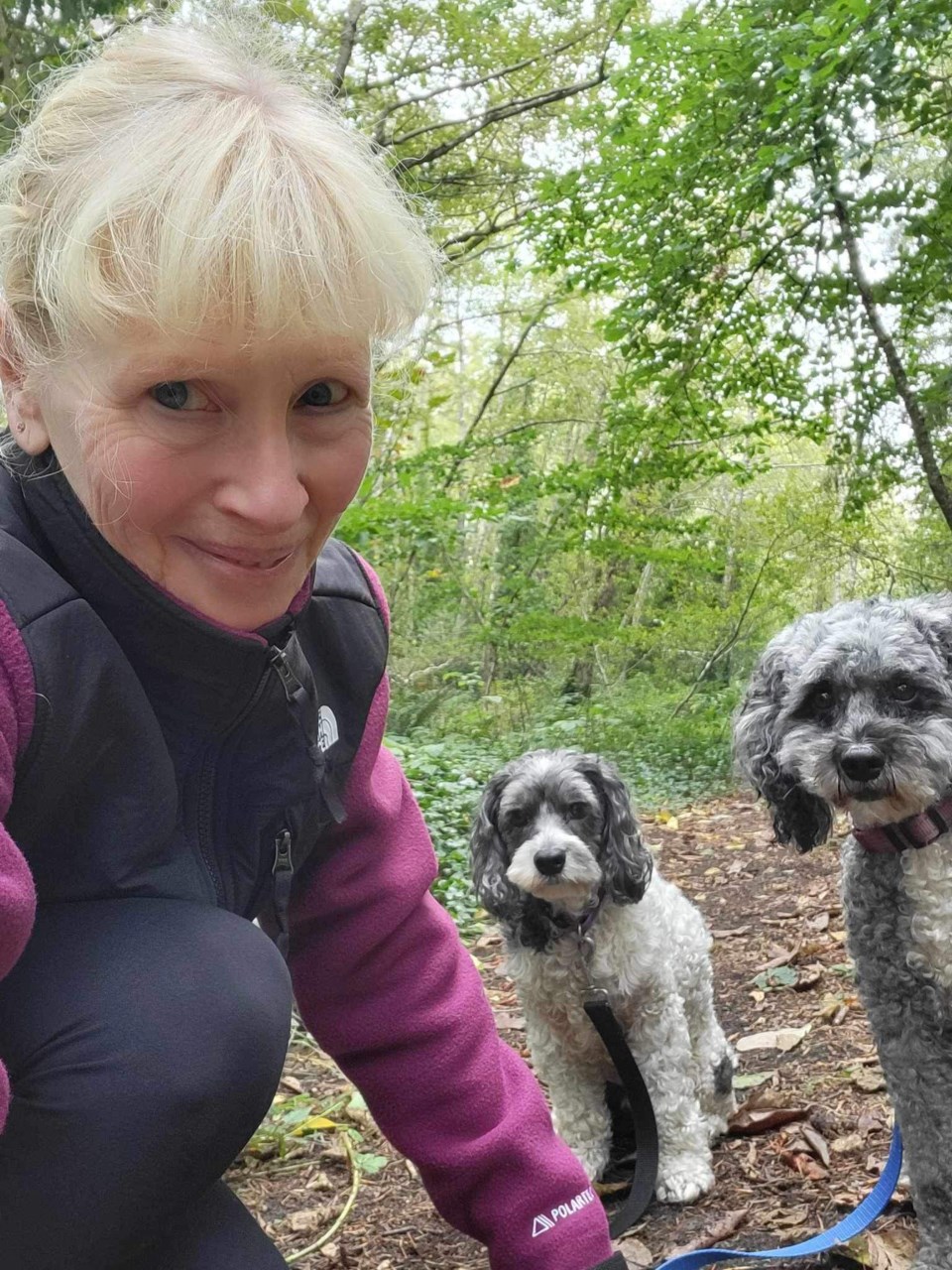National Addictions Awareness Week is November 24 to 30.
In her book Dopamine Nation: Finding Balance in the Age of Indulgence, author and medical director of addiction medicine at Stanford University Dr. Anna Lembke explores the conundrum of addiction.
"They [people who have drug addiction, smartphone addiction or alcohol addiction] start out using the drug in order to feel good or in order to experience less pain," writes Lembke. "Over time, with repeated exposure, that drug works less and less well. But they find themselves unable to stop, because when they're not using, then they're in a state of a dopamine deficit."
qathet-based psychotherapist Lisa Shatzky has been working with people struggling with addictions for almost 30 years and describes her approach as, "humanistic, meaning-centred, attachment-based and trauma-informed."
"I look at addiction as, in a sense, the tip of the iceberg," said Shatzky. "The thing that will ultimately destroy someone's life, or themselves physically, tends to be a cover for other things going on in their lives."
There are different risk factors for addiction, including poverty, unemployment and multigenerational trauma, but addiction experts also believe that no one is immune from the disorder.
"Sometimes [addiction] is a place of refuge, or a place to manage anxiety, to get away from what's happening, and sometimes it's pain management, whether we're talking about emotional or physical pain," said Shatzky.
Addiction becomes a way of dealing with, or in reality, not dealing with, all the emotions that happen around certain life events that are part of our human experience, explained Shatzky.
"It's a way to not deal with the enormity of feelings, of the complex feelings that arise in one's life, especially when you're dealing with trauma, loss and grief," said Shatzky. "For a lot of people, it starts at a very young age, not for everyone, but for many people it starts early in life."
Many people don't learn healthy coping strategies to deal with pain, whether it's physical or emotional.
"The first step is to stop the use, if we're talking about substance use addictions, such as drugs and alcohol primarily," said Shatzky. "You have to give up the substance to begin to allow feelings to come out; there is a kind of numbing quality, not speaking metaphorically now, but there is a numbing that happens over time with the various substances people use that prevents all the feelings from even being present."
Shatzky said she helps people work on developing tools to begin what she calls emotional intelligence.
"One technique would be to begin to deconstruct some of the narratives people have created about themselves," said Shatzky. "If we're talking about somebody who started drinking alcohol to deal with family issues or trauma at 13 years old, and now they are 30, 40 or 50, in some ways, emotionally, they're still at the place of 13 years old."
Shatzky said that person doesn't necessarily always have to have trauma, but it could be a situation like being bullied at school, something happening with their parents or feeling like they don't fit in.
"I always say to people, not everything is necessarily trauma," said Shatzky. "Trauma does happen quite a bit, too, for people who fall into the world of addictions."
Some people fall into the mindset that quitting an addiction is too hard and give up on trying, but reaching out and talking about it is a step in the right direction, added Shatzky.
"One of the things I say to people is that what we need most, it seems, in this world, when you look at some of the cross-cultural studies that have been done, is we have a need for belonging and connection. Even the most introverted people still have a need for belonging and that need can get better fulfilled when we allow ourselves to feel again and allow someone to get close to us."
When people use a substance they may feel a momentary sense of euphoria and belonging but it's not sustainable, said Shatzky.
"You need more and more of the substance to keep that going, and eventually it's going to harm you. I always say it is amazing to meet somebody who has come through the storm of addiction and found themselves in a place of being able to live their life without it.
"They are so genuinely alive and there's a kind of a spiritual aliveness, and I'm not talking about religion here, but a sort of sense of real connection and belonging to not just people, but to things that they were passionate about as kids, things that keep them feeling connected at a world level."
More about Shatzky can be found at the BC Association of Clinical Counsellors website: bcacc.ca/counsellors/lisa-shatzky.
Addictions organizations and other resources:
Canadian Centre on Substance Use and Addiction: ccsa.ca
Addiction Help.com: addictionhelp.com/recovery/statistics
Group recovery meeting – online and in-person:
Alcoholics Anonymous (AA): aa.org
Narcotics Anonymous (NA): canaacna.org
NA meeting search: na.org/?ID=meeting-search-1
Join the Peak’s email list for the top headlines right in your inbox Monday to Friday.




